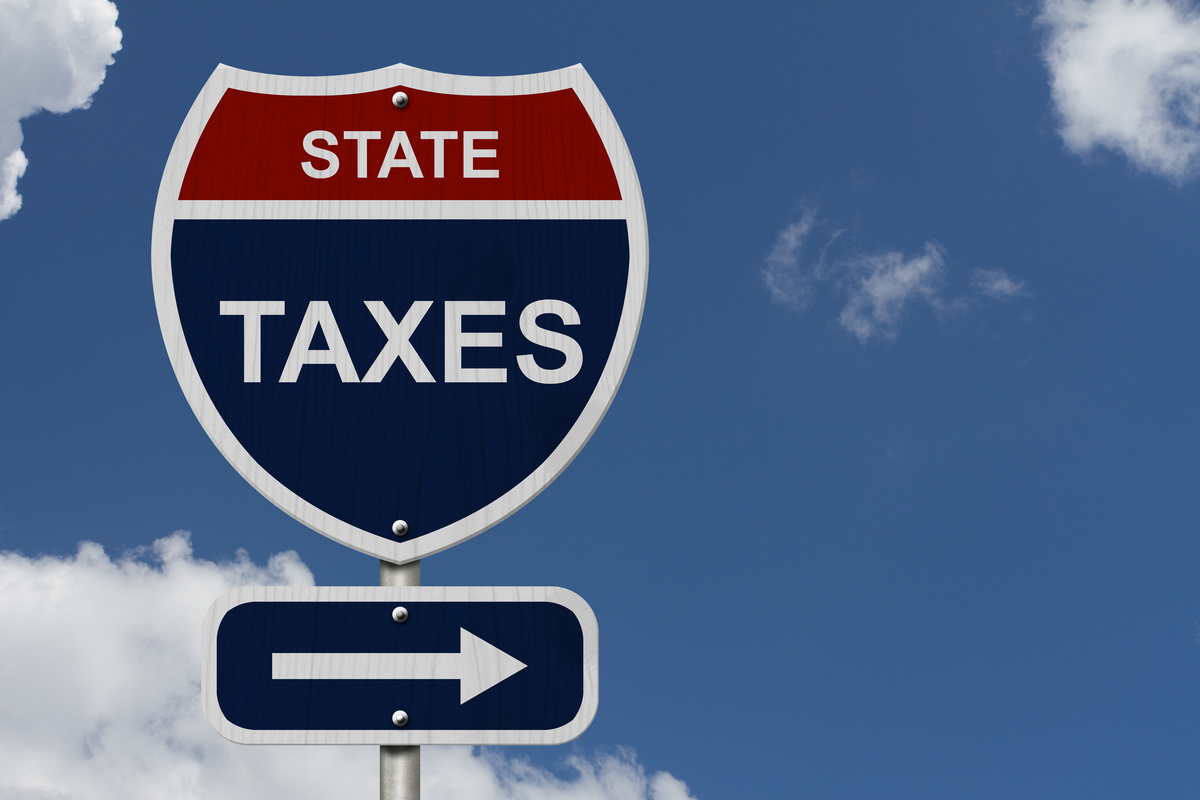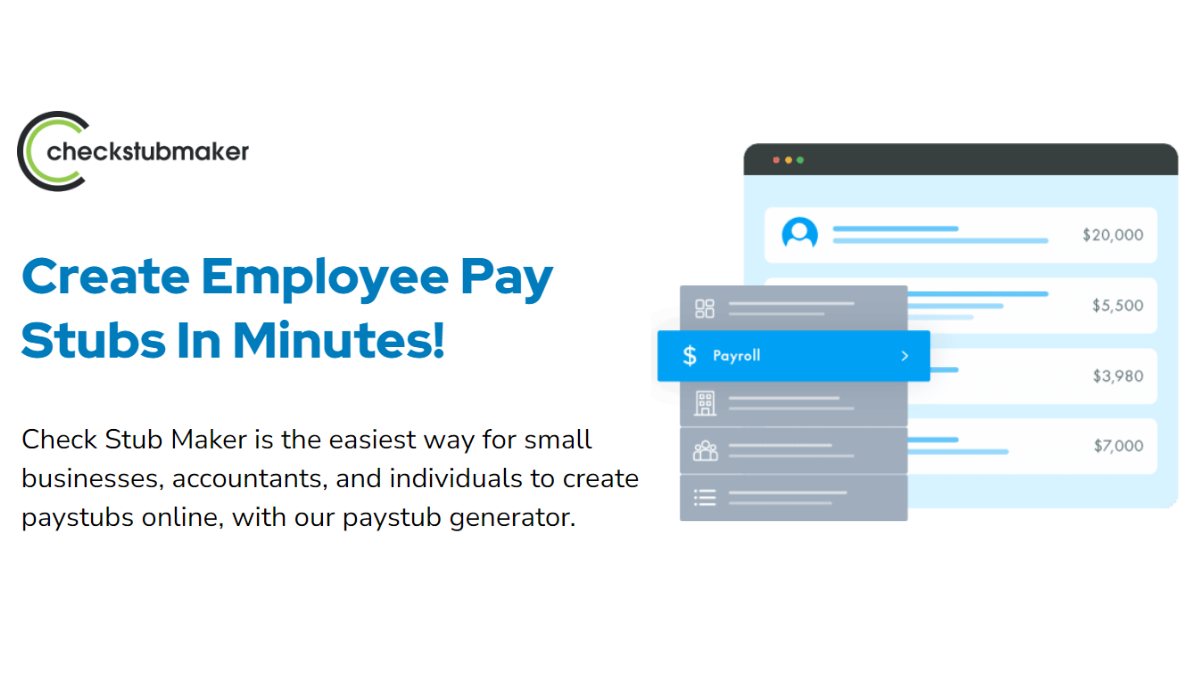
Do's and Don'ts of Small Business Payroll
!Do’s and Don’ts of Small Business Payrollhttps://checkstubmaker.com/wp-content/uploads/2019/08/small-business-payroll-300x200.jpg Getting paid is the number...
Aug 15, 2019If you're wondering, “what is PA-HAT5 on paystub?”, it refers to state and local taxes in Pennsylvania, which apply to residents and non-residents within the state.

If you're wondering, “what is PA-HAT5 on paystub?”, it refers to state and local taxes in Pennsylvania, which apply to residents and non-residents within the state. For small to medium-sized businesses or self-employed individuals operating in this state, precise documentation of a nml pay stub containing your normal salary is essential. As experts in the payroll process, we at Check Stub Maker can help you create accurate and compliant paystubs . In this blog post, we'll explore the details of PA state taxes on pay stubs, the specifics of Pennsylvania's state and local taxes, and how to choose the right pay stub calculator for your needs. What this article covers:
The ‘PA state tax' on a pay stub represents the income tax deducted by the state of Pennsylvania. The state imposes a flat income tax rate on personal earnings, which is currently 3.07%. This rate applies uniformly to all taxable salaries earned by residents and non-residents working within Pennsylvania.
Our investigation at Check Stub Maker demonstrated that Pennsylvania's tax system involves several layers of taxes, including state income taxes, local taxes, and unemployment insurance taxes. Let's take a closer look at Pennsylvania's various tax laws.
Pennsylvania imposes several local taxes that are typically deducted from an employee's pay stub:
Our findings at Check Stub Maker show that the following people and entities are responsible for paying state and local taxes in Pennsylvania:
This broad tax base ensures that everyone contributing to the state's economy is appropriately taxed.

Drawing from our experience at Check Stub Maker, employers in Pennsylvania have specific withholding requirements that must be met to comply with state law. Employers are responsible for withholding the appropriate amount of state income tax from their employees' wages and remitting these amounts to the state. Ensuring compliance with these requirements is essential to avoid penalties and maintain smooth payroll operations.
Understanding the taxable wage limits in Pennsylvania is critical for both employers and employees. For instance, the taxable wage base in the state is approximately $10,000 per employer for each calendar year. As such, employers are obligated to withhold 0.07% from their employees' paychecks in this regard. These limits determine the amount of earnings which are subject to certain taxes, such as unemployment insurance tax. Staying informed about these income limits ensures that payroll calculations remain accurate and compliant with state regulations.
We've found from using this product that a precise and reliable pay stub calculator is vital for small to medium-sized businesses and self-employed individuals residing in Pennsylvania. At Check Stub Maker, you have access to a user-friendly and affordable paystub maker that simplifies payroll management. With our assistance, we ensure that all state and local taxes are accurately reflected on your check stubs .

In this blog post, we uncovered various state and local taxes in Pennsylvania that are reflected on pay stubs, how these taxes work, as well as taxable wage limits for residents and non-residents in the state. For small to medium-sized businesses and self-employed people seeking a reliable and straightforward solution, we at Check Stub Maker offer an excellent pay stub generator to meet your needs. Try our digital services today and ensure your payroll is precise and compliant wherever you are! If you want to learn more, why not check out these articles below:

!Do’s and Don’ts of Small Business Payrollhttps://checkstubmaker.com/wp-content/uploads/2019/08/small-business-payroll-300x200.jpg Getting paid is the number...
Aug 15, 2019
If you're pondering over how to access pay stubs if you're not a Best Buy employee anymore, there's no need to scratch your head in confusion anymore.
Oct 31, 2023
In today's financial world, one of the most reliable and widely accepted forms of income verification is presenting 3 months of pay stubs.
Dec 06, 2023